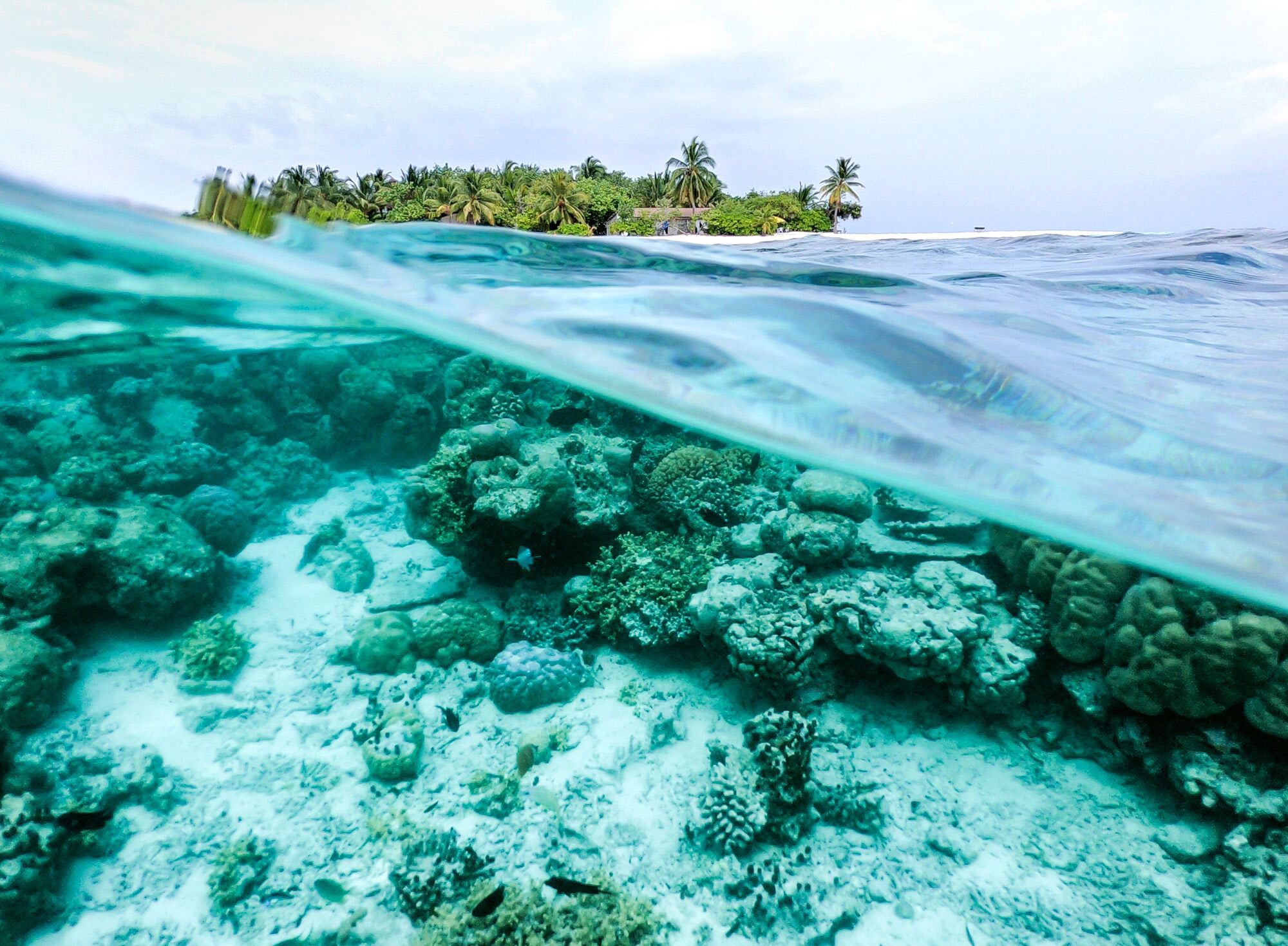Mexican environmental authority violates Mexico’s highest court and international obligations when reissuing a permit for a port expansion that threatens the Veracruz Reef System
In a legal brief, AIDA and Earthjustice argue the Secretary of the Environment failed to properly evaluate the environmental impact of the project to the reef, a UNESCO World Heritage Site, as required by Mexico’s highest court
Contact
Today, AIDA (Interamerican Association for Environmental Defense) and Earthjustice filed a brief with the Fifth District Court of Veracruz to help protect the Veracruz Reef System from the Veracruz port expansion project. When reauthorizing the project, the Secretary of the Environment and Natural Resources (Semarnat) not only failed to comply with a ruling of the Supreme Court of Justice of the Nation, but also ignored Mexico’s international obligations regarding environmental protection and human rights, including the human right to a healthy environment guaranteed in the Mexican Constitution.
This was demonstrated by AIDA and Earthjustice in a legal brief (Amicus Curiae or “Friend of the Court”) filed before the Fifth District Court of Veracruz. In it they request that the court — which is in charge of determining whether the Supreme Court’s ruling was complied with or not — establish contempt and force Semarnat to re-examine the project based on the environmental impact assessment procedure required by the high court.
“The authorities must comply with the Supreme Court ruling and protect this internationally-recognized natural treasure of Mexico. The human right to a healthy environment cannot be ignored,” said Guillermo Zúñiga, a Veracruz native and Earthjustice attorney. “The reef not only hosts the greatest biodiversity of species in the central region of the Gulf of Mexico, but also helps mitigate the impact of storm surges and hurricanes. The people who grew up here, as I did, and who live here now, know the value of this sanctuary where land and sea harmonize in unity”
On February 9, 2022, residents of Veracruz won a victory before the Supreme Court in an amparo action filed to defend the Veracruz Reef System — the largest reef in the Gulf of Mexico — and its environmental services against the Veracruz port expansion project. The Supreme Court ordered the revocation of the permits by determining that Semarnat, by approving the project, violated the right to a healthy environment of the people of Veracruz.
Despite the ecological, cultural, and economic importance of the Veracruz Reef System, the environmental authority had authorized the port expansion in a fragmented way, dividing the project into 15 permits and diluting its true impact. In addition, it completely excluded from its analysis a non-emerging reef (“La Loma”) located in the area of the Veracruz Reef System National Park.
In its ruling, the Supreme Court ordered the environmental authority to reevaluate the project in an integral, holistic, and complete manner. In addition, it ordered that the new evaluation be made in accordance with the elements that make up the right to a healthy environment, as well as the principles of prevention and precaution, enshrined in international law. It also requested the support of the National Council of Natural Protected Areas and the International Wetlands Committee of the Ramsar Convention to design a protection scheme for the Veracruz Reef System.
“Right now, the court has the opportunity to confirm the transformative effect of the Supreme Court’s ruling and set a valuable precedent for the real protection, not just on paper, of Veracruz’s reefs and the universal right to a healthy environment,” said Sandra Moguel, an attorney with AIDA’s Ecosystems Program. “Including the international authorities of the Ramsar Convention would mean strengthening the project’s environmental impact assessment with technical knowledge and transparency.”
As demonstrated in the brief, by granting a second permit to the project — on December 30, 2022 — Semarnat failed to comply with the Court’s ruling and the Mexican State’s obligations because:
- It did not require a new environmental impact study — mandatory for projects of this size under international law and national legislation — to analyze the cumulative impacts of all segments of the original project. On the contrary, the environmental authority based its assessment on the original deficient statements. Even so, it left three of the original segments out of its analysis.
- It failed to submit its new assessment to a public consultation nor publish new information on the impacts of the project before authorizing it again. In this way, it ignored the rights of the people of Veracruz to public participation and access to information in environmental decision-making.
- Semarnat has not yet requested the support of the National Council of Natural Protected Areas or the International Wetlands Committee. The participation of this committee is of particular importance due to its experience and technical knowledge in the protection of protected areas and wetlands.
The Veracruz Reef System is a Natural Protected Area designated under national legislation, a wetland of international importance under the international Ramsar Convention, and a UNESCO World Heritage Site.
AIDA is an international non-profit organization that has been protecting the human right to a healthy environment in the Americas for 25 years.

Additional Resources
About Earthjustice
Earthjustice is the premier nonprofit environmental law organization. We wield the power of law and the strength of partnership to protect people's health, to preserve magnificent places and wildlife, to advance clean energy, and to combat climate change. We are here because the earth needs a good lawyer.